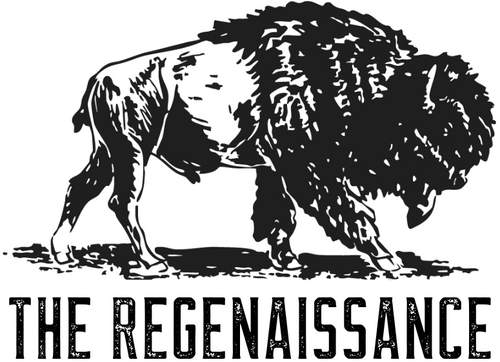In Alaiedon Township, Michigan, a small regenerative farming project is under fire and the fight could reshape how townships treat small farmers across the state. When farmer Greg Ingle applied to build a simple barn for his two cows, he followed every rule. He even won his appeal with the local zoning board. But just days later, township officials rushed through a moratorium banning all new farm structures, effectively pulling the rug out from under his project.
This isn’t just about one barn. It’s about how far local governments can go in rewriting the rules to block small-scale farming and whether regenerative farmers in Michigan are truly protected under the state’s Right to Farm Act.
What Happened in Alaiedon Township
-
April 2025: Farmer Greg Ingle applied for a permit to build a barn for his two cows.
-
June 2025: After a denial from the township supervisor, the Zoning Board of Appeals visited his property and approved the barn.
-
Days later: The Township Board imposed an “emergency moratorium” halting all new farm structures. Ingle’s barn was red-tagged mid-construction.
-
July 2025: Ingle filed a lawsuit, calling the moratorium a case of government overreach designed to strip him of his rights as a farmer.
How This Impacts Regenerative Farming
This case strikes at the heart of food freedom. Regenerative farming often happens on a small scale with families raising a few animals or cultivating a couple of acres. These projects are vital for rebuilding soil health, providing local food, and creating resilient communities.
But Alaiedon Township’s actions highlight a dangerous precedent: if a local board can change the rules overnight to stop a barn, what’s to stop other townships from blocking hoop houses, chicken coops, or even farm stands?
Michigan’s Right to Farm Act was designed to shield farmers from exactly this kind of hostility. State law says that as long as a farm is commercially producing food and follows accepted practices, local governments cannot declare it a nuisance.
Yet Alaiedon’s moratorium shows how easily local officials can sidestep that protection with zoning maneuvers.
What It Means for Michigan Farmers
Michigan has a strong farming tradition, but conflicts between townships and farmers are nothing new. In past cases, courts have affirmed that local governments cannot enforce ordinances that conflict with state farm protections. Still, some officials continue to push back by often targeting small, regenerative farms they view as “hobbies” rather than legitimate agricultural enterprises.
This bias is dangerous. It undermines farmers who diversify their income or farm part-time, despite the fact that state law recognizes even small-scale operations as farms. It also threatens the future of regenerative farming, which depends on making it easier (not harder) for families to steward land and livestock.
What Michigan Farmers Can Do Next
For regenerative farmers in Michigan, this case is a reminder to stay vigilant:
-
Know your rights. The Right to Farm Act protects you if you sell products and follow GAAMPs.
-
Watch local boards. Attend zoning and planning meetings, don’t let bad ordinances slip through quietly.
-
Build alliances. Connect with neighbors, local food advocates, and farm organizations that can back you up.
-
Document everything. Keep records of permits, approvals, and communications to strengthen your case if challenged.
A Barn Today, Food Freedom Tomorrow
Rebels, the Alaiedon Township barn battle isn’t just about two cows, it’s about whether regenerative farming will be allowed to grow in Michigan or strangled by red tape. If local governments can shut down a farmer who plays by the rules, the future of food freedom is at risk.
It’s time to push back. Regenerative farmers deserve better than being treated as nuisances in their own communities.
Thank you for reading, Viva La Regenaissance!
- Ryan





